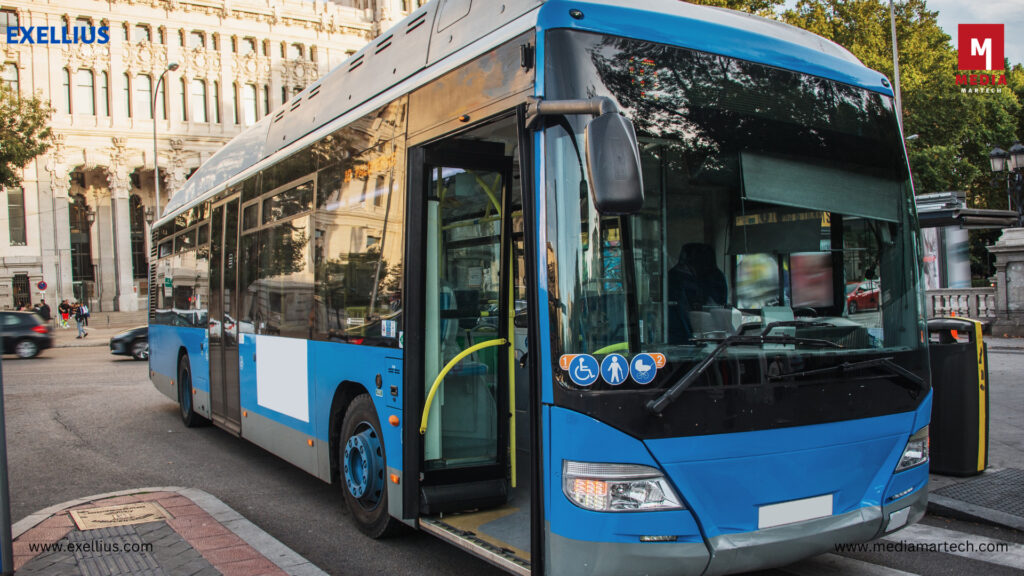
1. Introduction
The adverse effects of diesel buses on air quality and the environment have prompted organizations like Transport & Environment to advocate for cleaner alternatives. Diesel buses contribute to air pollution, emit greenhouse gases, and pose a threat to public health. In light of these concerns, T&E is calling upon the EU to ban diesel buses by 2027, emphasizing the urgency of transitioning to zero-emission urban buses.
2. The Rise of Electric Buses
Cities across Europe are increasingly adopting electric buses, with nearly one in three newly-registered urban buses in 2022 being zero-emission vehicles. This marks a significant increase from the sales share in 2020, demonstrating the growing trend toward zero-emission transportation. The transition to electric buses not only reduces greenhouse gas emissions but also helps improve air quality in urban areas.
3. Insufficient Supply and Lagging Demand
While the demand for electric buses is on the rise, the supply needs to match the increasing market demand. T&E highlights the importance of scaling up the production of electric buses to drive down costs and ensure a smooth transition. Unfortunately, the European Commission’s recent proposal falls short in this regard. The proposal mandates that urban bus manufacturers provide 100% zero-emission sales only by 2030, potentially resulting in a supply-demand gap of three to four years.
4. The Role of EU Law
EU law has a crucial role to play in leading market developments and driving the transition to cleaner transportation. Just as car CO2 targets compelled carmakers to produce electric vehicles, urban buses should also be subject to similar regulations. T&E argues that EU law should push for earlier adoption of zero-emission urban buses, aligning with the aspirations of leading cities and municipalities.
5. The Draft Law and European Parliament
The draft law is currently under review by the European Parliament and member states. These institutions have the authority to accelerate the timeline proposed by the European Commission, potentially advancing the deadline from 2030 to 2027. The decision of the European Parliament and member states will significantly impact the pace of electric bus deployment and the transition to zero-emission urban transportation.
6. Leading Cities Paving the Way
Numerous cities across Europe have
embraced the vision of zero-emission urban buses and have committed to purchasing or transitioning to electric buses by 2025. These progressive cities include Amsterdam, Barcelona, Berlin, Birmingham, Copenhagen, Hamburg, Heidelberg, Liverpool, London, Madrid, Greater Manchester, Milan, Oslo, Oxford, Paris, Rome, Rotterdam, and Warsaw. Additionally, many other Dutch cities, Denmark’s largest municipalities, Irish cities, and several German cities are also joining the movement, making it challenging to compile an exhaustive list of municipalities leaving diesel and gas buses behind.
7. A Call for Action
In October of last year, cities, health organizations, green groups, and public transport stakeholders joined forces in a letter to the European Commission. The letter, signed by over 30 entities, urged the Commission to propose 2027 as the year when all new urban bus sales should be zero-emission. Daimler Buses has already taken a step forward by committing to sell only zero-emission urban buses in Europe by 2030. It is now up to lawmakers to push bus manufacturers beyond their internal corporate targets and embrace the transition to electric buses.
8. The Cost Advantage of Electric Buses
Apart from their environmental benefits, electric buses are becoming increasingly cost-competitive when compared to their fossil fuel counterparts. Studies conducted by Bocconi University and the Enel Foundation demonstrate that the higher capital costs of electric buses will be offset by lower energy and maintenance costs. These cost advantages vary across different markets, but by the end of this year, electric buses are projected to be cheaper to operate in Italy, Latin America, Spain, the UK, and the US.
9. Electric vs. Biogas Buses
While exploring alternative powertrains for buses, electric buses have emerged as the most efficient and environmentally friendly option. Biogas, which has been adopted in the past, cannot be made widely available at a reasonable cost and still releases air pollutants. In terms of citizens’ health, electric buses significantly reduce air pollution, energy consumption, and greenhouse gas emissions. When considering the overall goal of minimizing climate emissions and air pollution, electric buses are the optimal solution.
10. Conclusion
Transport & Environment’s call for the EU to ban diesel buses by 2027 underscores the critical importance of transitioning to zero-emission urban buses. The rising demand for electric buses and the environmental benefits they offer necessitate swift action to accelerate their production and availability. By aligning EU law with the commitments made by leading cities and municipalities, the EU can drive the transformation of urban transportation and contribute to a greener and more sustainable future.
For more tech content like this VisitIT and Tech:https://www.info-tech.online/
BANKING, ACCOUNTING, INSURANCE AND FINANCIAL SERVICES:https://www.finance-tech.online/
HEALTHCARE AND PHARMACEUTICALS:https://www.healthcare-tech.online/
TRANSPORTATION AND LOGISTICS:https://www.transport-tech.online/
ENTERTAINMENT, TRAVEL AND HOSPITALITY:https://www.entertainment-tech.online/
MARKETING, ADVERTISING AND PUBLIC RELATIONS:https://www.channel-tech.online/
HUMAN RESOURCES COMPENSATION AND BENEFITS:https://www.humanresources-tech.online/
MECHANICAL AND CIVIL ENGINEERING:https://www.engineering-tech.online/
MANUFACTURING AND CONSTRUCTION:https://www.manufact-tech.online/
NON-PROFIT AND NON-GOVERNMENT ORGANIZATIONS:https://www.nonprofit-tech.online/ Want to promote your content?
Visit:https://www.exellius.com/contact-us/ orhttps://www.mediamartech.com/contact-us/





